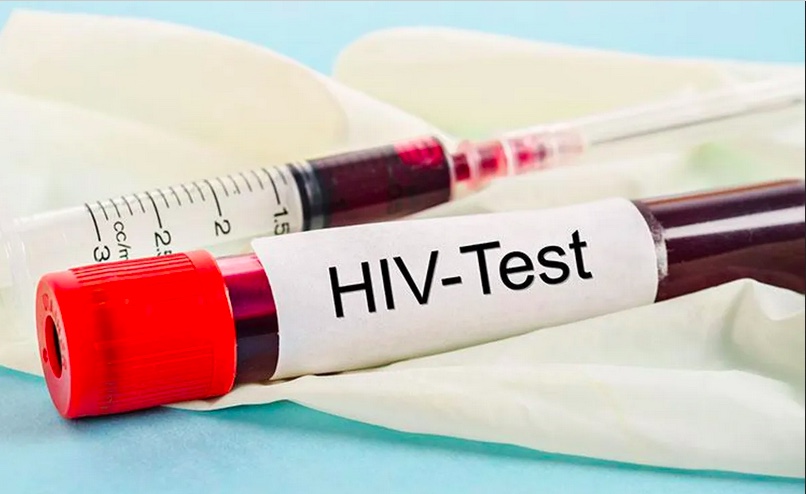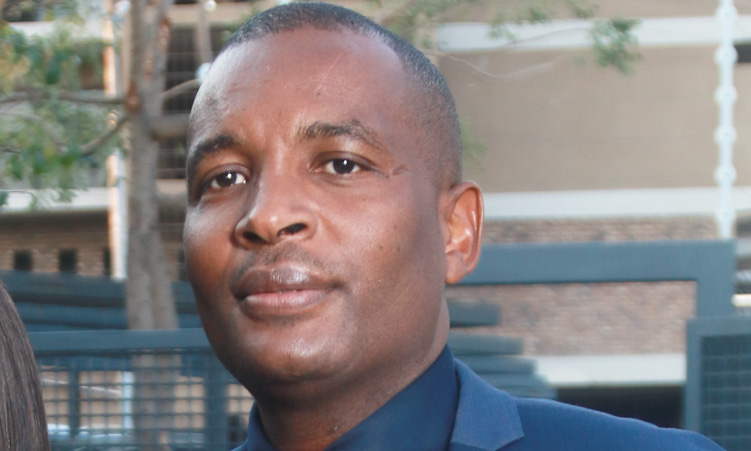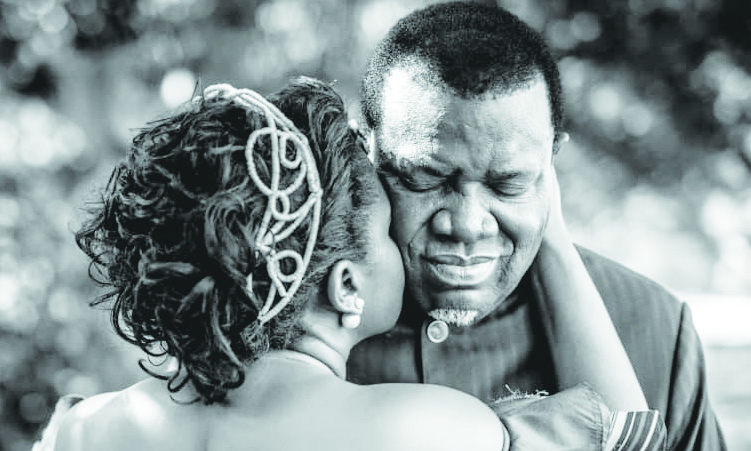AFTER a five-month stint at Orumana, I moved to Opuwo, the regional capital of the Kunene Region.
It’s an interesting town; I call it the ‘confluence of Kunene’, the way you would refer to Windhoek as the ‘melting pot’ of Namibia. The town’s cultural diversity is immense and so are its economic activities and the socio-economic relations which affect women in their daily struggle to feed themselves and/or their families. We all recognise that men and women are physically different but it is the social, economic, political and legal interpretation of these differences that lead to inequality between them. The two sexes are thus assigned different roles and responsibilities in their daily work – call it gender ‘apartheid’ or stereotyping. Generally, men tend to do the heavier, riskier work that is usually located outside the home and women are assigned the responsibility of caring for children and the elderly and providing food for the family. But is women’s work any easier than is generally assumed, involved as they are nowadays in all sorts of economic and other productive activities? They work along their menfolk in construction, road building, agriculture etc. And who said 20 litres of water or a bundle of firewood on one’s head carried almost on a daily basis is an easier job? This latter question prompted me to look at the issue of how women have in many traditional societies been reduced to ‘hewers of wood and drawers of water’, ironically, even in some African cities and towns in the ‘informal settlements’. I draw my example from Opuwo after having lived here for almost two months. The house where I live is right at the entrance to Opuwo from the northern part and it is about 10 metres from the main road. The house is one of the few with a ‘water point’, so to speak, but not really in the sense that we usually use the term. Because the neighbours and adjacent households have to pay a monthly fee to the owner of the house where the tap is, for drawing the water and she in turn pays a fixed amount to the Opuwo Town Council. Since society has assigned the role of providing food and caring for children and the elderly to women and girls, the provision of water and firewood are thus central components in this whole chain of social and economic responsibility. Since my stay here, I have hardly seen men or boys drawing water or going into the bush to collect for firewood either for sale at the market or for own use. But these women do a lot of work (more than we care to imagine, especially if you live in a house with running water and electricity) and there are also risks involved. There are two issues, or three, that are crucial in this specific example. First, as I pointed out, women and girls (some as young as seven years) have to fetch water and collect firewood on a daily basis – some with small babies strapped onto their backs. The sizes of the containers for collecting water are determined by ones’ age but the common one is a 20-litre (roughly 32 kg) or even 25-litre container carried over quite a distance from the water point in some cases. With regard to firewood one also faces some problems, especially if you don’t have a permit from the forestry department to collect firewood. Thus the women/girls end up with their wood being confiscated by the powers that be and just imagine that this happens after the person has walked all that distance to/from the bush to collect it. Of course, we assume that because some of us can read and write that everyone has access to our laws or municipal statues or bylaws! The final issue is the risk factor involved in all these activities, in both the collection of water and wood. Crossing the various main roads of Opuwo with a water container or a bundle of wood on one’s head is an action that women and girls have to negotiate every day in order to avoid being hit by cars. The main road close to where I live and where the water point is, is basically a death-trap and many accidents happen on this stretch where the speed is supposed to be 60km/h but which is hardly observed by many reckless drivers – with people being hit by cars as a result as they try to cross with a bundle of wood or a water container on the heads. Thus in locating women position in our contemporary society (especially in its patriarchal fixation), we must open up dialogue and possibilities for a truly non-endangered-gender-society by looking at the economic and social practices that affect them and thus ensure that gender equity issues are effectively incorporated into governance and infrastructure activities and designs.
Stay informed with The Namibian – your source for credible journalism. Get in-depth reporting and opinions for
only N$85 a month. Invest in journalism, invest in democracy –
Subscribe Now!






